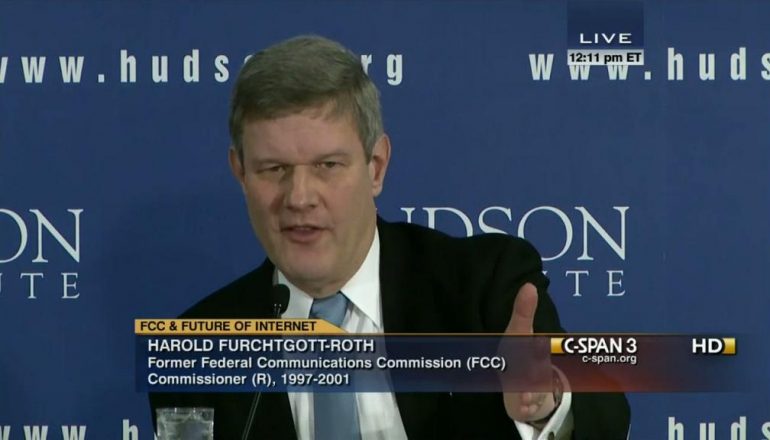Comparing Wi-Fi 6E Gateways: Netgear vs. Asus
In the last post we shared some preliminary impressions of Wi-Fi 6E vs. Wi-Fi 6. 6E is identical to 6 except that 6E uses the 6GHz frequency band while 6…
Universal Broadband: A 21st Century View
The way forward is to prioritize urgent needs over long term visions. In cases where a new wireline network is the only solution that will get a rural community online, of course that network needs to be all fiber and potentially symmetrical. But such cases are rare.
Biden’s Zombie Broadband Plan
While we have work to do in rural and poor America, we are not at a point where we can afford to turn our backs on emerging technologies in favor of a zombie broadband plan born in the last millennium.
Broadband After the Pandemic
As the pandemic starts to fade, we won’t return to the old normal but we’ll reach a new normal with more broadband of all kinds, especially mobile, with less TV watching. Against that background, the efforts of Congress to shore up the old normal are going to fail.
How We Share Spectrum
Barring the advent of some new technology that allows you and your neighbors to use the same band at the same time with absolutely no interference, this is all there is. We will have have such a technology someday, but we quite have it yet.
Attack of the 5G Truthers!
Given that safety is not a real problem, or at the very least not something city councils need to worry about, a coherent focus on aesthetics and speedy deployment best serves the public interest.
Winning the 5G Prize
While the US is in a comfortable international position with 5G at the moment, we could run into problems down the road.
Resolving the 6 GHz Conundrum
I’m proposing that the FCC releases 480 MHz of bandwidth in the 6 GHz band for a pilot project. The terms of the pilot are as specified, three high speed, indivisible 160 MHz channels supported by ongoing work on inter-access point coordination.
5G and the Zero Trust Security Model
More than anything, we need network components that are inexpensive and capable of taking part in a comprehensive system of self-checking. We’re more likely to get such a system by building it collaboratively.
Harold Furchgott-Roth on mmWave and Economics in Policy Making
In this podcast, Furchgott-Roth discusses the book, his roles in Congress and at the FCC, the current controversy over 5G mmWave interference, and the role of the World Radio Conference in setting standards for spectrum use around the world.










